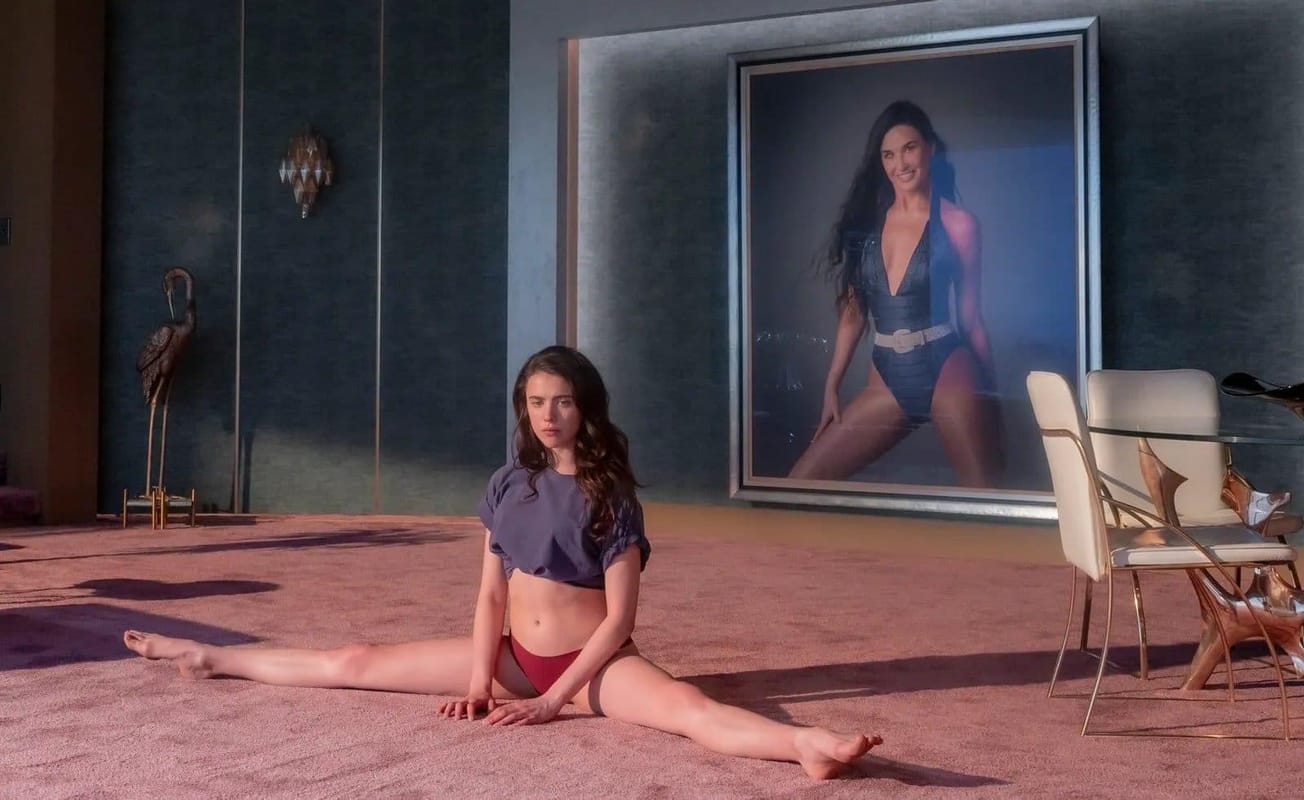By Nadia Ferraris, Third year, Sociology and Social Policy
The story of Pinocchio began as an Italian children’s fantasy novel written by Carlo Collodi and subsequently inspired the 1940s Disney classic film. In the story, Geppetto lovingly carves a puppet and remembers his lost son, resulting in a blue fairy appearing to bring his carving to life as a wooden boy called Pinocchio. With his conscience, Jiminy Cricket, by his side, Pinocchio embarks on fantastic adventures to test his bravery, loyalty and honesty. Fast forward 80 years, and now Pinocchio turns into a turbocharged boat engine and an automatic floor cleaner? Really?!
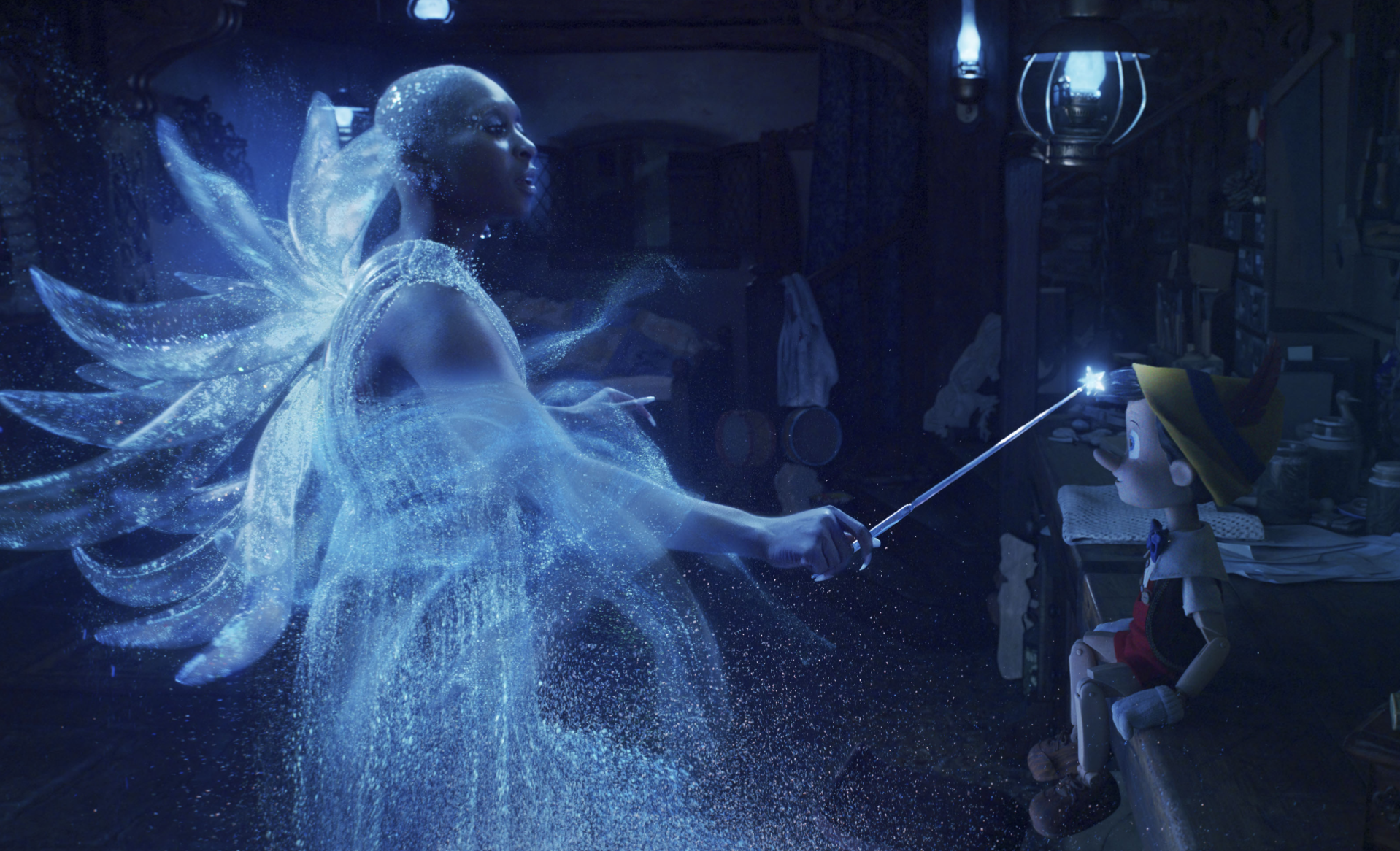
Let me shed some light on the oddities of this movie. Firstly, the original story of Pinocchio gained its appeal because it was relatable. Very much like its viewers, the little puppet boy was vulnerable and had few tools to escape adversity. In the end, the boy faces one of his biggest challenges when he must escape the terrible whale that swallowed him and his family.
In the 1940s version, Pinocchio, with bravery, selflessness and the help of friends, escapes and saves his father from a dreadful end. In the remake, he does it with turbo magic legs which he uses to push the raft like a speed boat engine.
Although this sounds cool, the movie loses its relatability to the audience, making them care less for a character who appears to be more unrealistic and doll-like by the second. Maybe next time, Zemeckis should think about saving the superpowers for the superhero stories.
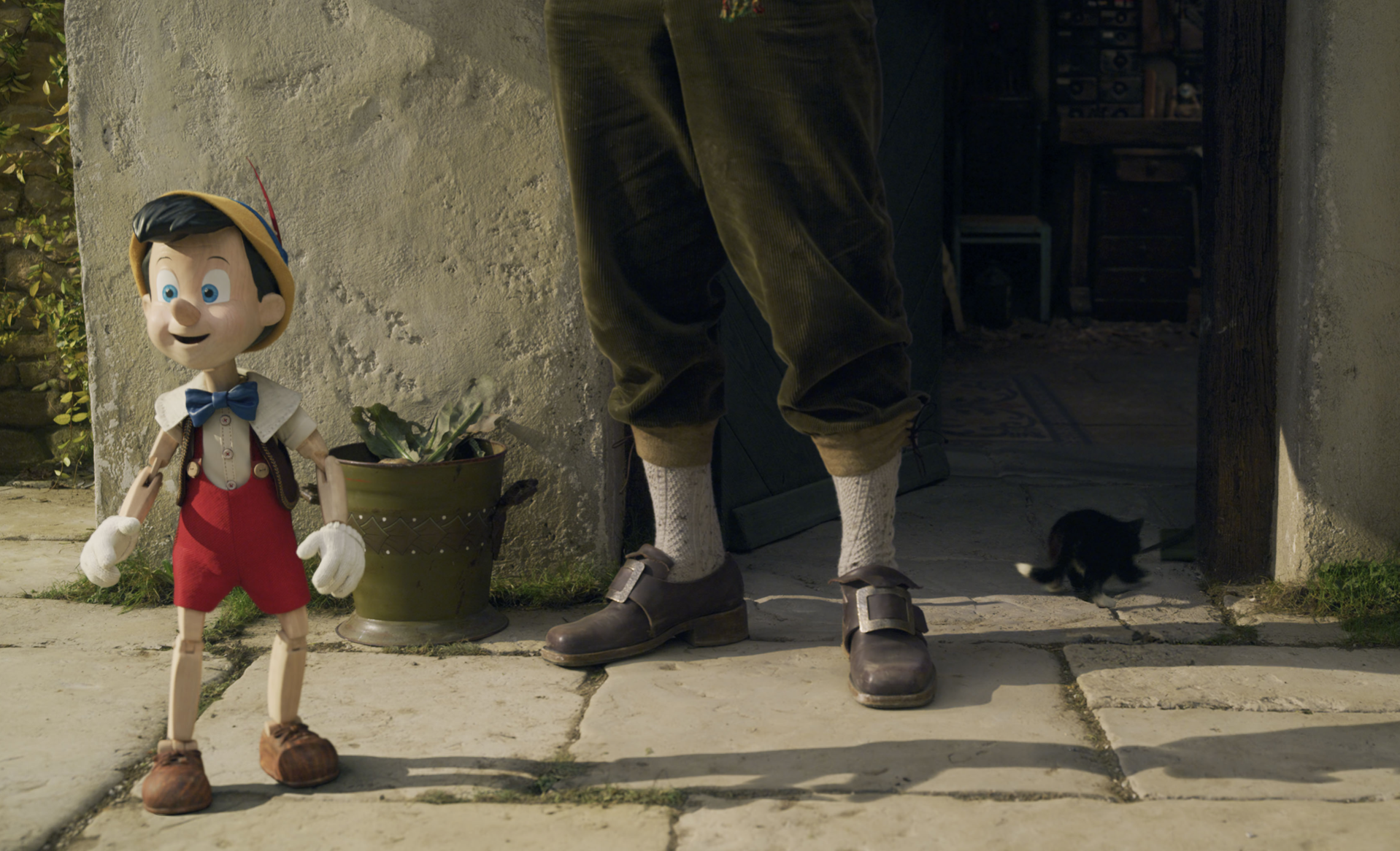
Let's also not forget the scene of Geppetto at the beginning using his son’s rotating legs to clean his floor. If Geppetto can’t be bothered to clean the floor himself, I’d suggest a compact battery power scrubber drier off Amazon...
Secondly, although the director Zemeckis has had quite a few successes with animation in his films, this was not one of them. For instance, Pinocchio did not appear wooden at all, he reminded me more of a LEGOLAND character, like the ones with detachable hairstyles.
Throughout the movie, I kept wishing someone would try and yank his hair out to see if I was right. The secondary characters, on the other hand, Figaro the cat, Chloe the fish and Sofia the seagull, were brilliant. The viewers may find themselves spending most of the movie staring at Figaro and feeling more affection for the cat than for the main character.
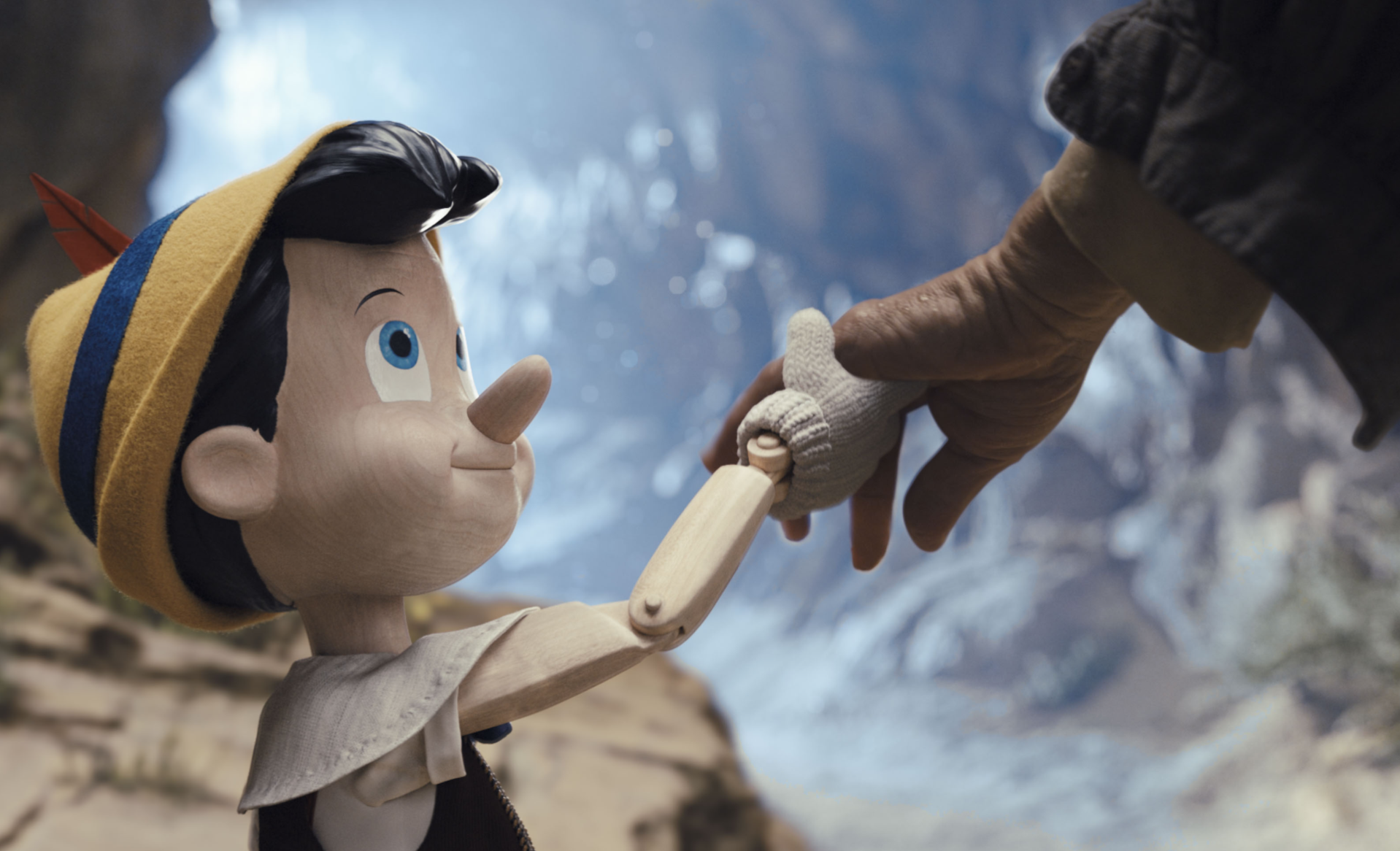
Zemeckis really pushes the ‘trying to make it appealing for all’ by inserting silly one-liners here and there, hoping to get a snicker out of the parents watching it with their kids. To be honest, those parents may be shocked to find a man suddenly shouting ‘bollocks!’ in a kid's movie.
As I’m sure you can gather, I am not a huge fan. However, I must admit that some actors’ performances are excellent. Tom Hanks as Geppetto almost made me cry in a sentimental scene at the very beginning when he recalls his dead son.
Another outstanding performance is by Lorraine Bracco voicing the seagull Sofia. Her distinct husky voice fits the personality created for Sofia, and I didn’t doubt the realness of that seagull even just for one second.
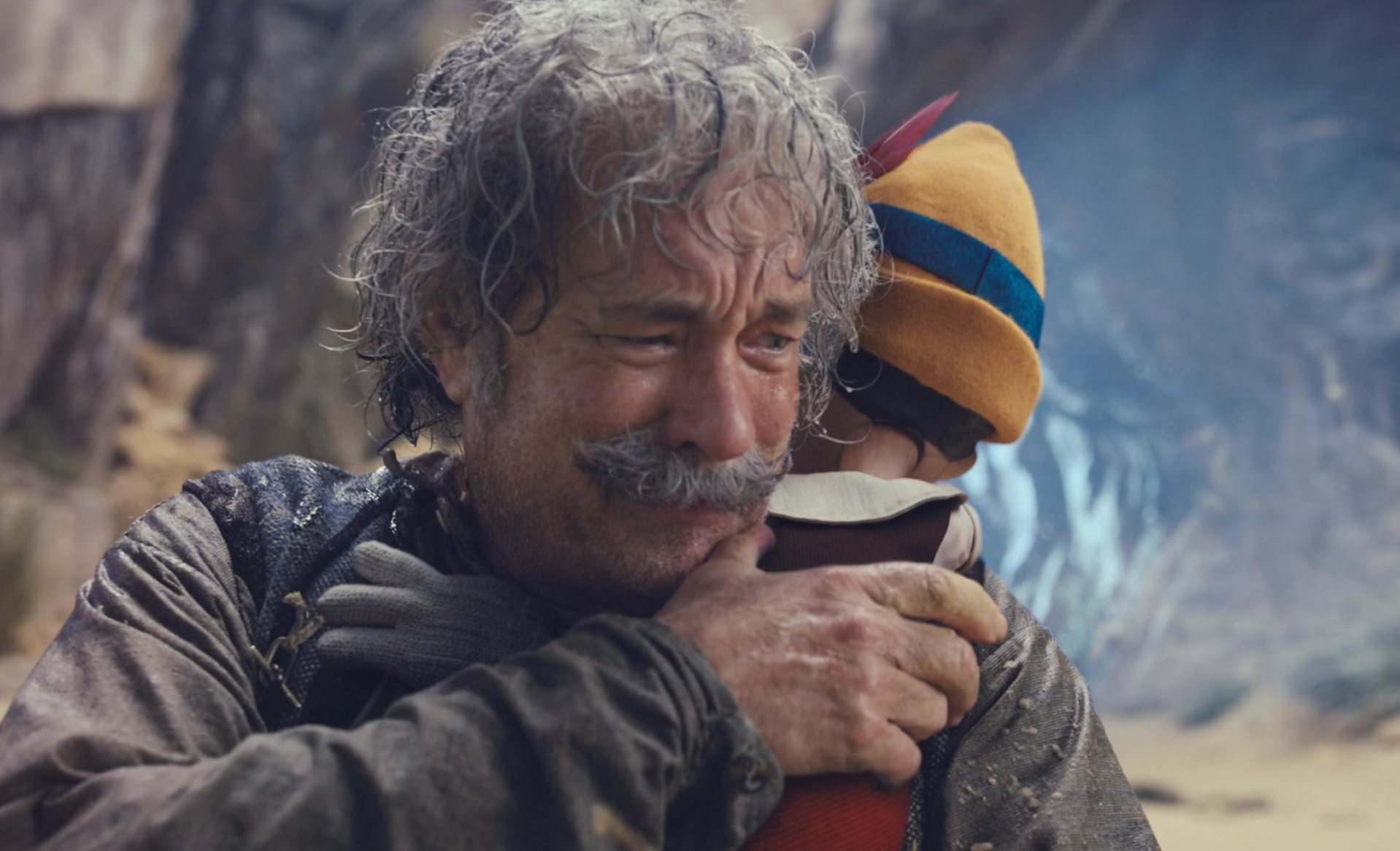
If you are a fan of Tom Hanks, it is worth watching his performance, as the story is still entertaining. Although, maybe for this movie, the viewer needs more than one glass of wine and preferably no small children in the vicinity (much like Cats), which pretty much defeats the point of Pinocchio.
Feature Image: IMDB
Has Disney once again failed to create a live-action remake that lives up to its predecessor?




